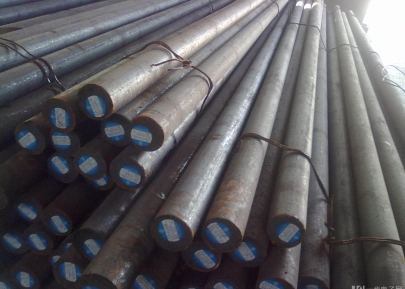Unlocking the Versatility of Copper Blocks: Applications and Benefits You Need to Know
Copper is a metal that has fascinated humans for thousands of years, not just for its aesthetic qualities but also for its unique properties. Among its various forms, copper blocks stand out as versatile materials with a multitude of applications across different industries. In this article, we’ll take a look at the various uses of copper blocks, especially the 4x8 copper sheet, and even touch on the question, is it good to eat in copper plate? Let's dive in!
What Are Copper Blocks?
Copper blocks are solid pieces of copper that can be customized in different sizes and shapes. These blocks are often used in fabrication and manufacturing processes, thanks to copper’s excellent conductivity and malleability. They can be found in various thicknesses and dimensions, with the 4x8 copper sheet being one of the more popular options for both commercial and residential use.
Key Applications of Copper Blocks
- Electrical Applications: Copper blocks are essential in making electrical connections due to their high conductivity.
- Thermal Conductivity: Utilized in heat exchangers and refrigeration systems, copper blocks facilitate efficient heat transfer.
- Art and Decoration: Copper blocks are often used in artistic applications, like sculptures and decorative panels.
- Construction: Their durability makes copper blocks suitable for roofing and plumbing.
Electrical Applications
The electrical industry relies heavily on copper due to its unparalleled conductivity. Copper blocks can be cut and shaped into wires and connectors, enhancing the performance and longevity of electrical systems. This quality also makes them ideal for use in circuit boards and power generation equipment.
Thermal Applications
When it comes to thermal conductivity, copper takes the lead. This quality is utilized in numerous applications, especially in heating and cooling systems where efficient heat dissipation is critical. Heat exchangers, which transfer heat between two or more fluids, often use copper blocks for optimal performance.
Benefits of Using Copper Blocks
Let's explore the reasons why you might consider copper blocks for your next project.
| Benefit | Description |
|---|---|
| Excellent Conductivity | Copper’s electrical and thermal conductivity make it a preferred material for various applications. |
| Corrosion Resistance | Copper’s natural oxidation creates a protective layer, making it highly resistant to corrosion. |
| Malleability | It can be easily molded and shaped to fit different requirements without breaking. |
| Aesthetic Appeal | Its warm color and sheen are preferred for decorative items. |
Is It Good to Eat in Copper Plates?
There’s a lingering question about whether using copper plates for food is beneficial or harmful. Copper does have some antibacterial properties, which can be advantageous for food storage. However, excessive copper ingestion can lead to toxicity. Thus, you should use copper items that are lined with another metal, such as stainless steel, or make sure they are treated appropriately for food use.
How to Maintain Copper Blocks
- Regular Cleaning: Use a gentle cleanser to avoid tarnishing.
- Storage: Keep in dry places to prevent corrosion.
- Sealing: Applying a sealant can enhance longevity.
Conclusion
Copper blocks are undeniably versatile, with applications ranging from electrical connectors to thermal management systems. Their benefits, including excellent conductivity and corrosion resistance, make them a popular choice in various industries. While it is tempting to use copper for culinary purposes, caution is advised to avoid potential health risks. Overall, understanding the roles and benefits of copper blocks is essential for anyone interested in materials science or looking to utilize this metal in innovative ways.
FAQs
1. What industries use copper blocks?
Industries like electrical, construction, and artistry frequently use copper blocks.
2. Are copper blocks expensive?
The price of copper blocks varies based on purity and size, but they tend to be more expensive than aluminium options.
3. Can copper be recycled?
Yes, copper is 100% recyclable, making it an eco-friendly choice.
4. What is the proper way to clean copper?
For cleaning copper, warm water and mild soap are recommended. Avoid harsh chemicals that can damage the surface.



